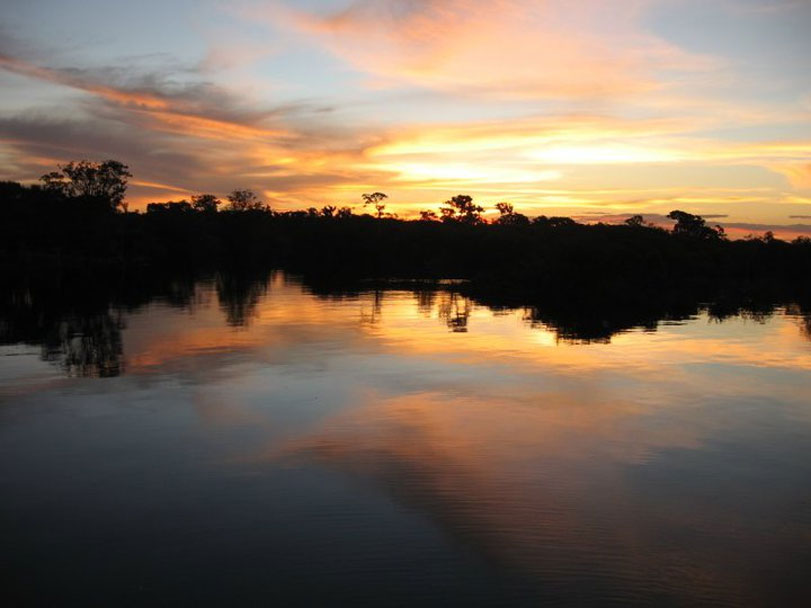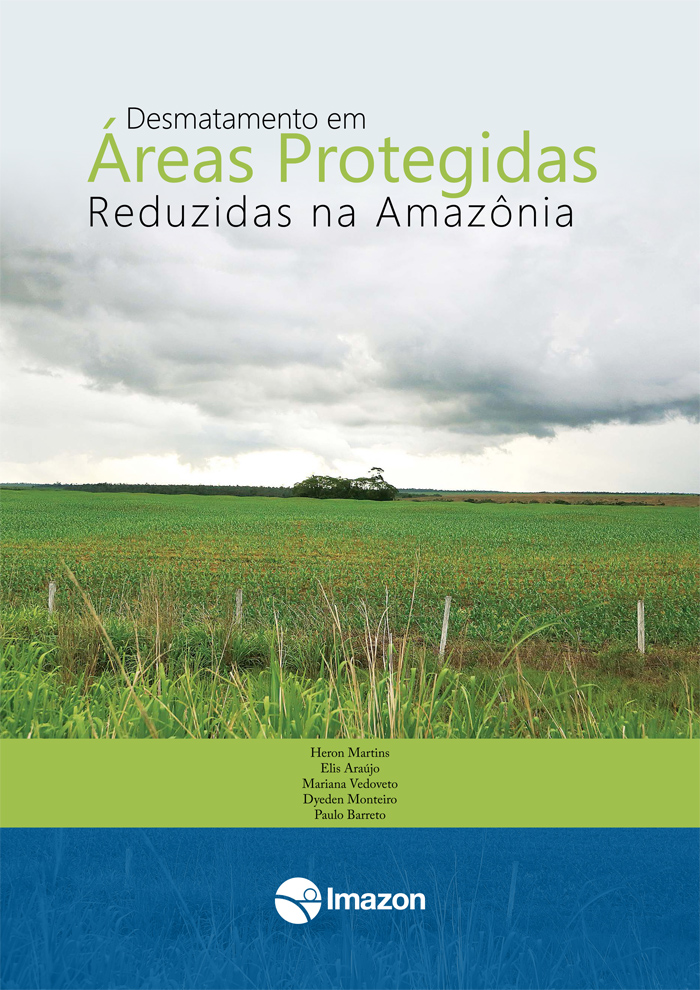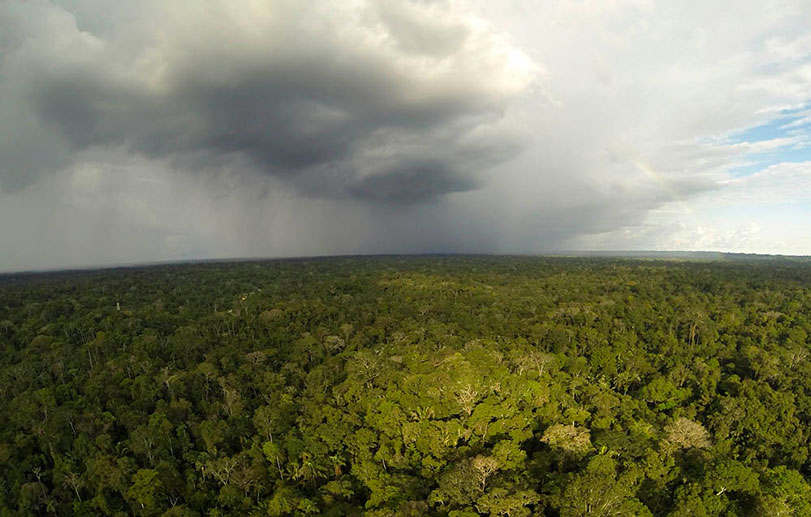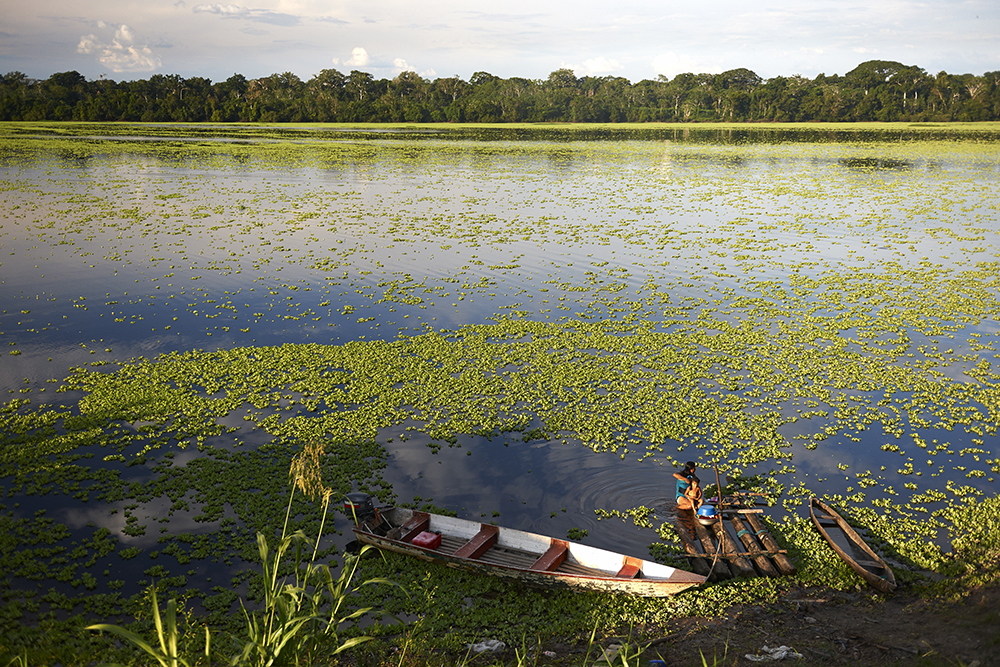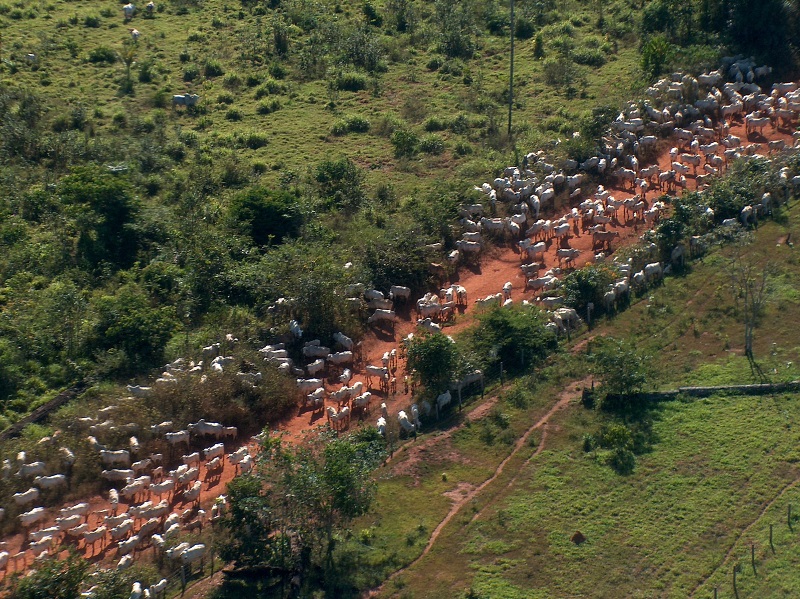Study shows how changes in legislation reduce the protection of protected areas and became increasingly frequent in recent years.
Tag: protected areas
Peru: One million and a half hectares of forrest are being voluntarily protected
In an interview with Actualidad Ambiental TV, the lawyer Bruno Monteferri spoke about the Conservamos por Naturaleza initiative, “a community which wants to live in a more harmonious and coherent way with our surroundings”.
Avina: Avina and partners launch infographic of illegal mining in Amazonian countries
Publication shows common elements of illegal mining in the six countries analyzed: protected areas, uncontrolled use of substances harmful to health, and situations of child labor, forced labor, trafficking and exploitation.
Ecuador will have referendum on fate of Yasuni after collect 700,000 signatures
Activists needed to gather half a million signatures, but collected over 100,000 more to make sure the results wouldn’t be invalidated.
Imazon: Deforestation in reduced protected areas in the Amazon
Between 1995 and 2013, the federal government and the governments of Rondonia, Mato Grosso and Pará removed the protection of 2.5 million hectars in 38 Protected Areas in the Legal Amazon.
El Día: The Noel Kempff Park in Bolivia under three threats
Livestock and agricultural activity in neighboring Brazil, illegal fishing and fires threaten the protected area.
Yasuni: threatened refuge in the lap of the Ecuadorian Andes
The junction of the Amazon basin and the Andes created one of the most biodiverse places in the world, at risk of being destroyed by oil exploration.
Amazônia Blog: Study proves that reduction of protected areas favors deforestation in the Amazon
A new Imazon study has proven that fewer protected lands means more deforestation.
Pacaya Samiria National Reserve celebrates its 42 years
The reserve has more than 2 million hectares and protects the watersheds of the Pacaya, Pucate Yanayacu and Samiria rivers.
Study shows that reducing protected area favors deforestation
Occupation and hydropower are the main reasons for reduction. In 38 of them, the net sum exceeds 2.5 million hectares lost.


